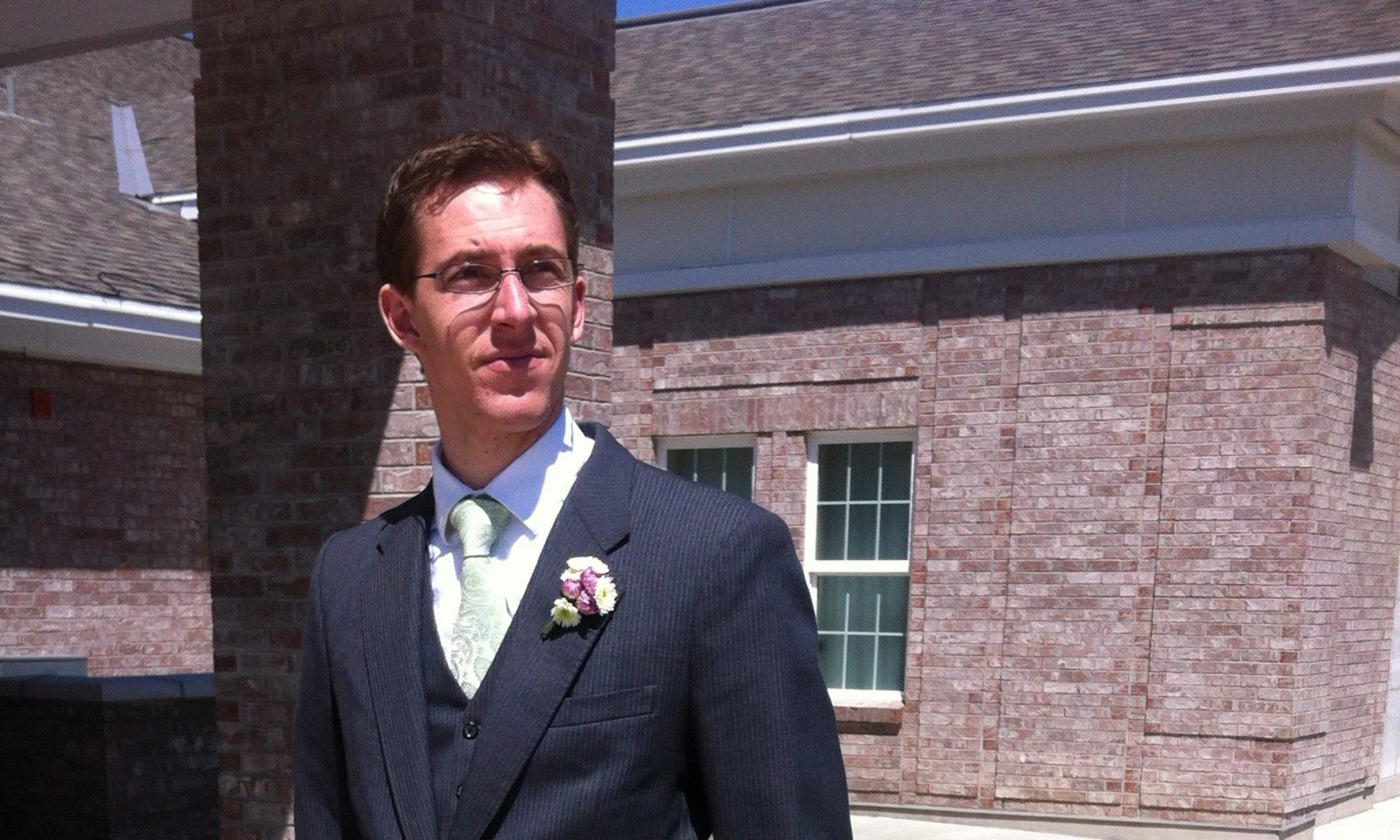The conclusion of a moral story I like a lot is “you are much less likely to do the right thing if you are wounded.”
This is obvious and true when considering physical wounds. “I can’t physically do [the right thing].”
This is less obvious, but equally true with emotional or spiritual wounds. “I can’t bring myself to do [the right thing].”
When we are young, others come help us heal our wounds—physical and otherwise. Physical wounds are easy to see and easy to offer help.
When I crashed up the Nebo Loop in 2011, the person I asked for water saw my bleeding hands and shoulder and forced me to stop, so she and her brother could help me. Physical wounds made my need obvious.
Emotional wounds are easy to see in those who lack what we consider “emotional control.” People (usually younger people) are loud, belligerent and make it obvious they are emotionally wounded.
As we grow older, we show our emotional pain much less than when we were younger. But we don’t get much better at healing or helping others.
So if I’m emotionally wounded and need help, I have to reach out and ask. From those who have wounded me and those who can help heal.
I don’t have the luxury I did as a child to wallow in my self-pity or the pain of the wound. If I want healing, I have to initiate it myself.
I have to initiate a conversation with those who hurt me to start my own forgiveness process—thereby opening myself to the potential of even more pain—and I have to initiate activities with those who can help me heal.
It’s not comfortable, perhaps, to recognize I’m the only one who can start my healing when I’m wounded, but I hope it’s comforting to know no one else can take that responsibility from me. I’m in charge. I must act. Act in spite of my pain.
